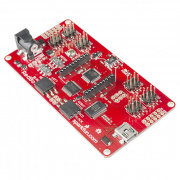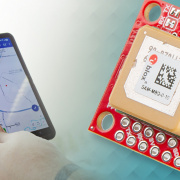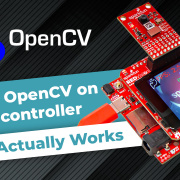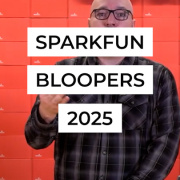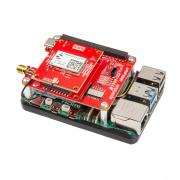Enginursday - On Self Taught Electronics
Today we have a post from SparkFun Engineer Chris Taylor on "Self Taught Electronics."
More and more these days, I am meeting people who have built complex, impressive, and clever electronic projects, and, when I ask, I'm surprised to find out that they have no formal engineering or technical education. Now, I'm not surprised because I don't believe that electronics can't be learned outside of a university, a good deal of my job is to try to teach electronics outside a university. I'm surprised because, more often than not, this impressive project will include a design element, component, or concept that I doubt I ever would have been exposed to had I not attended college. How do people learn a complex subject, like say, fourth-order filters, on their own time? I am always blown away by the fact that people have mastered concepts, on their own, that I had never even heard of, let alone attempted to study, before I had the dreadful feeling of finding out that it was one of my required college courses.
Where are these people getting this information?! How did they manage to find such a (sometimes) very dry subject and keep themselves engaged long enough to master it? I ask these questions because I'm jealous. I'm jealous of artists and designers that were exposed to this field at a young age. I'm especially jealous of those lucky people who manage to find just the right book, or mentor, or resource to teach them and keep them engaged in a subject that, in college, I paid a boatload of money for someone to teach me.
So I started asking around. I asked my fellow engineers, friends, and autodidacts what helped them. A good deal of electrical engineering isn't taught in school, it's taught in the field or researched independently. I asked my colleagues what helped them learn when they were learning on their own. If one wants to learn electronics, at home, on their own, how does one do it? This is what I came up with.
Books
I'm the type of person that likes to grab a how-to book, sit down, and just absorb every bit of information I can. However, there are thousands of books out there on electronics and programming, and I'd rather not waste time or money on a book that's not right for me. Here are the books myself and my fellow engineers recommend:

The Art of Electronics is a must-have for every electronics enthusiast. It has become a bit out-dated (especially in the microcontroller department) but I use it all the time for reference or just a refresher course on a concept.
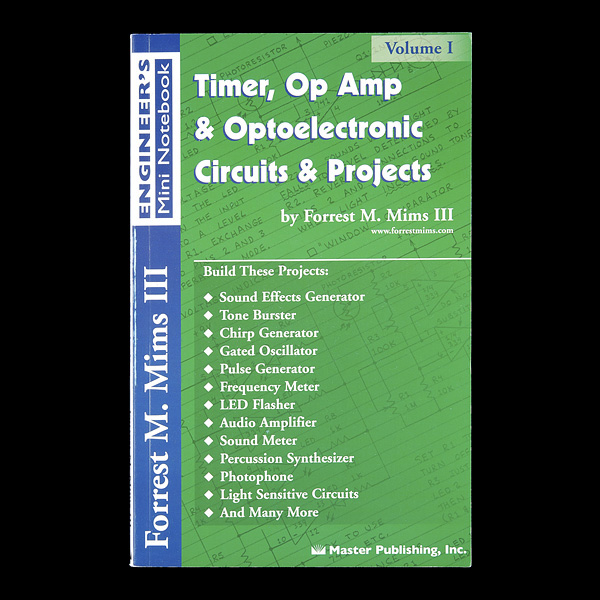
The Forrest Mims books have been teaching beginner electronics to kids and adults for decades. This is the first electronics book I ever got my hands on.
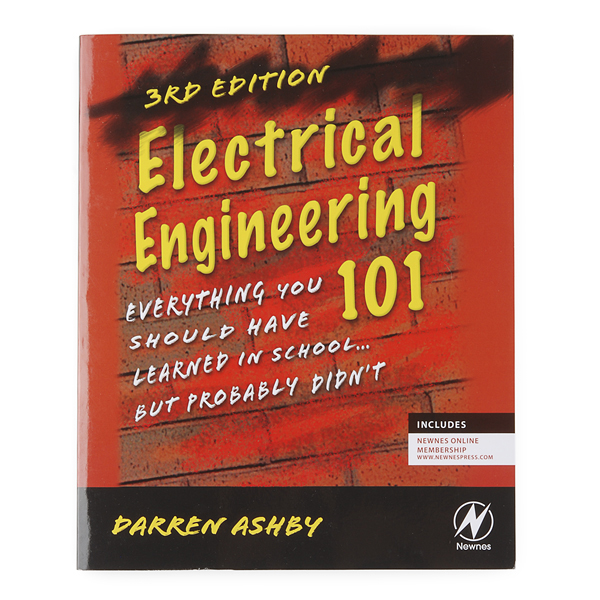
Electrical Engineering 101 explains electronics in a more "plain English" way, and is great if you're coming from a more mechanical background.
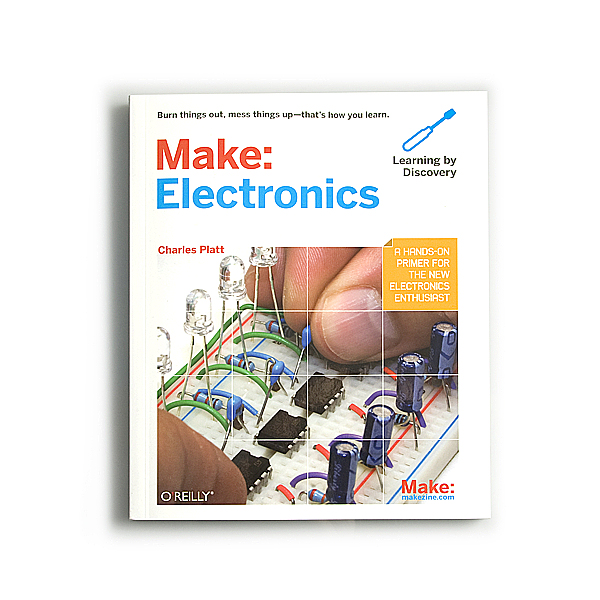
Make: Electronics is a great start for hobbyists of any age.
The list could go on and on, but some other recommended books are Practical Electronics for Inventors Troubleshooting Analog Circuits
Online Resources
There are more and more free online courses popping up every day. In many cases, one receives the same info that a paying student would get, all online. CourseRA has lots of electronics-related courses, all for free. There are also, of course, plenty of online tutorials for just about any electronics concept you can think of (shameless plug for learn.sparkfun.com).
Experience
There is just no substitute for experience. No school can exactly prepare you for a job in electronics. No amount of theory can prepare you for when the amplifier you just built suddenly decides to start demodulating FM. Experience is gained through doing as many projects as you can-- always tackling a new challenge and dealing with the inevitable problems it presents. Even if you fail, the lessons learned from that failure are more valuable than anything you would have learned from a book.
Mentorship
This is another form of experience. Obviously it's great to have someone around who already has the experience that you are trying to build. They can save you a lot of frustration and time. But what's more important is to learn how to use mentorship. I used to think that I didn't have any mentors, that I was on my own. But with experience, I realized that I had mentors, I was just too proud to ask questions. Once I started asking questions (even dumb ones), I found that everyone can find people to help them along the way, one just has to ask.
So all your self-taught - or self-evolving - electronic tinkerers - what are your go-to resources?

